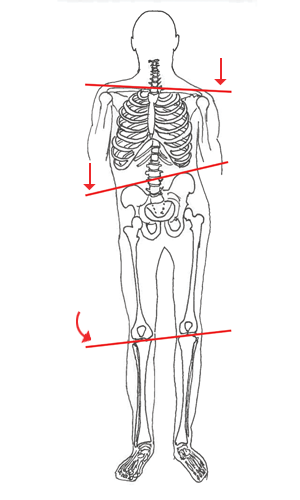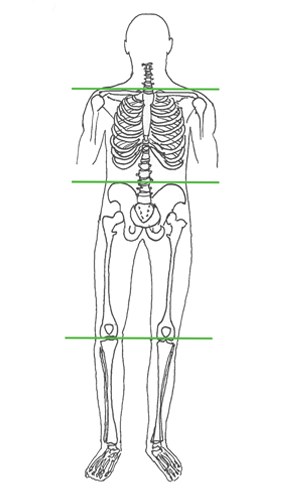Allergy
Allergy is an excessive reaction of the immune system to certain substances.
These substances (allergens) which come from outside will not normally provoke any kind of reaction.
In case of an allergy, the allergens will cause an excessive (violent) reaction.
Allergens can be very different: e.g. dust mite, cat hair, nutritional elements, cotton, medication, … there are thousands of possibilities.
They can enter the body through the airways, food or by skin contact.
In normal healthy situations, allergens are absolutely harmless and will not provoke any reaction.
The complaints occur when the allergens (over)excite the body’s immune system. This creates a defensive reaction.
Which reaction occurs, depends on the place where the (over)excitement happens and on how severely the patient’s immune system is disturbed.
This can be an ordinary sneezing fit, a chronically runny nose, or bad as a choking feeling, sometimes with a fatal outcome.
In case of a contact allergy the skin can react with a rash, itch, …
Cross-reactivity
A cross-reactivity occurs when somebody who is already sensitized (=allergic to certain allergens), also reacts to another substance with a comparable allergen
The cross-reactivity arises because this allergen (the allergy causing particle) in the second substance looks like the allergen, in terms of structure.
One of the most common cross-reactions is the one between tree pollens and food.
Because of that, as well as an allergy, one will develop a food intolerance. For example, the allergen in birch pollen looks at lot like other allergens in foods, so a cross-reactivity with certain sorts of fruit is possible.






